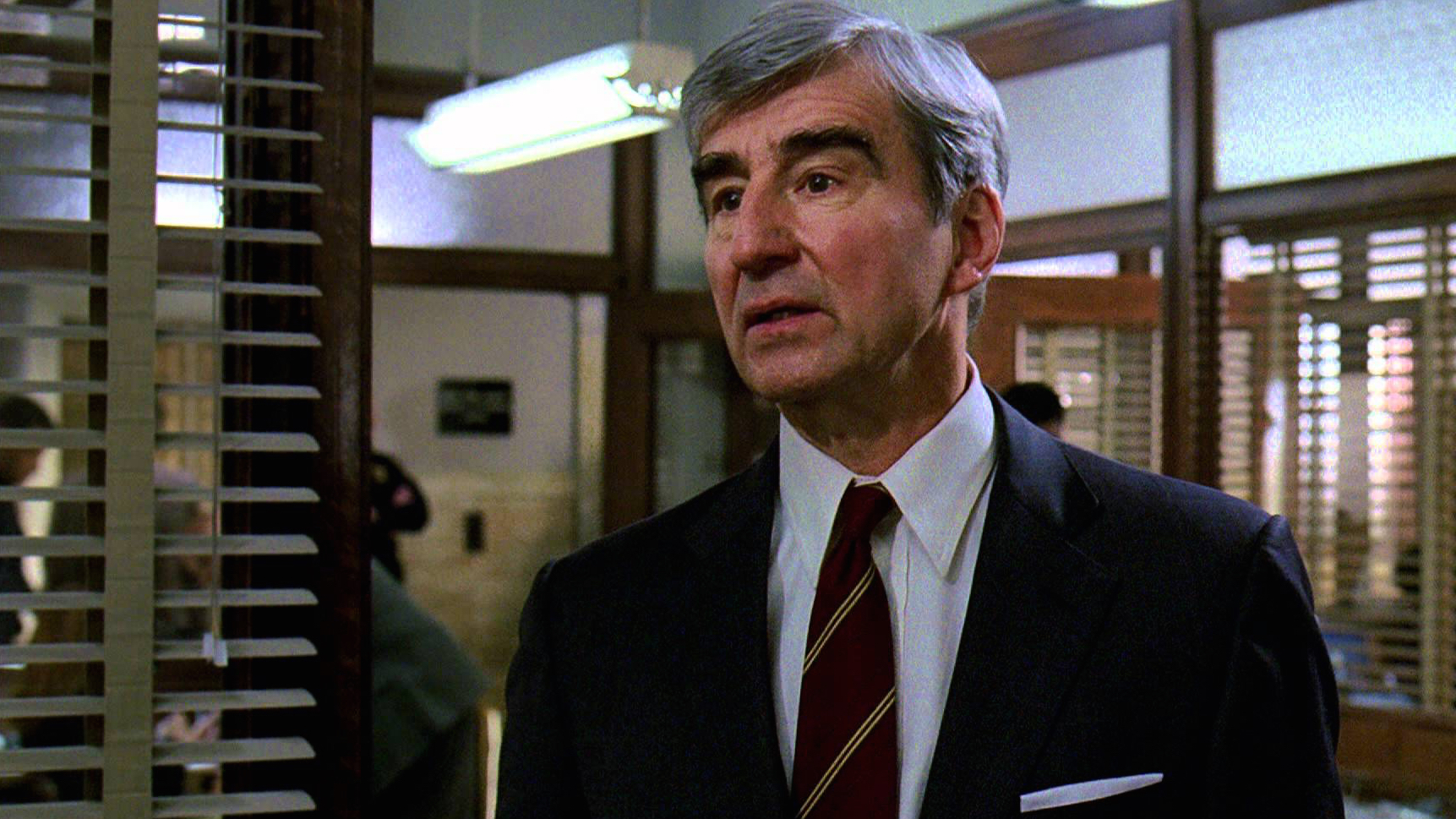In a today’s New York Times column, Nicholas Kristof writes about Baby Boomers as the “Greediest Generation.” I couldn’t agree more, although I long have called them the “Lost Generation.”
“When boomer blood raged with hormones, we staged the sexual revolution and popularized the Pill,” he writes. “Now, with those hormones fading, we’ve popularized Viagra.” He warns of how the Boomer population’s looking for handouts as the young has turned to demanding them still as they grow older: “Our slogan has gone from ‘free love’ to ‘free blood pressure medicine.'”











